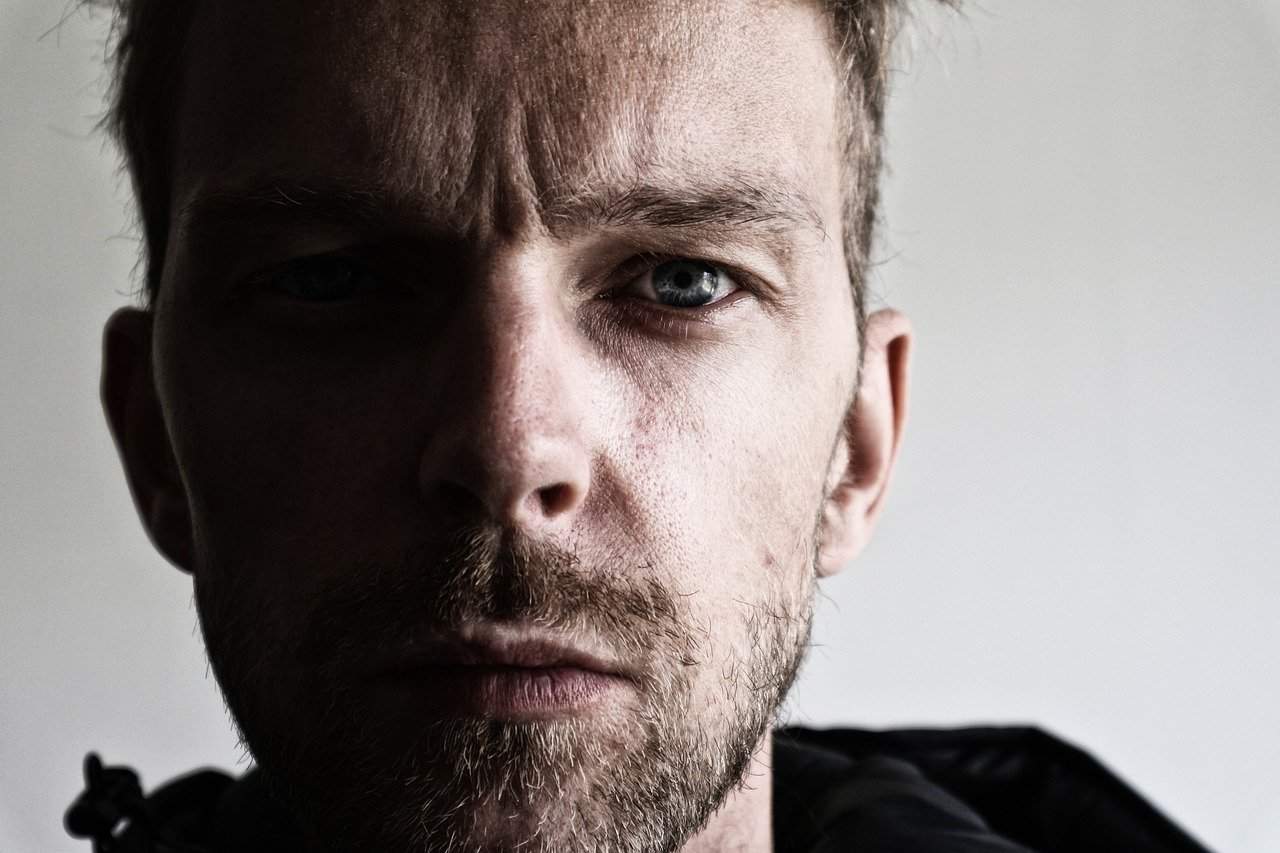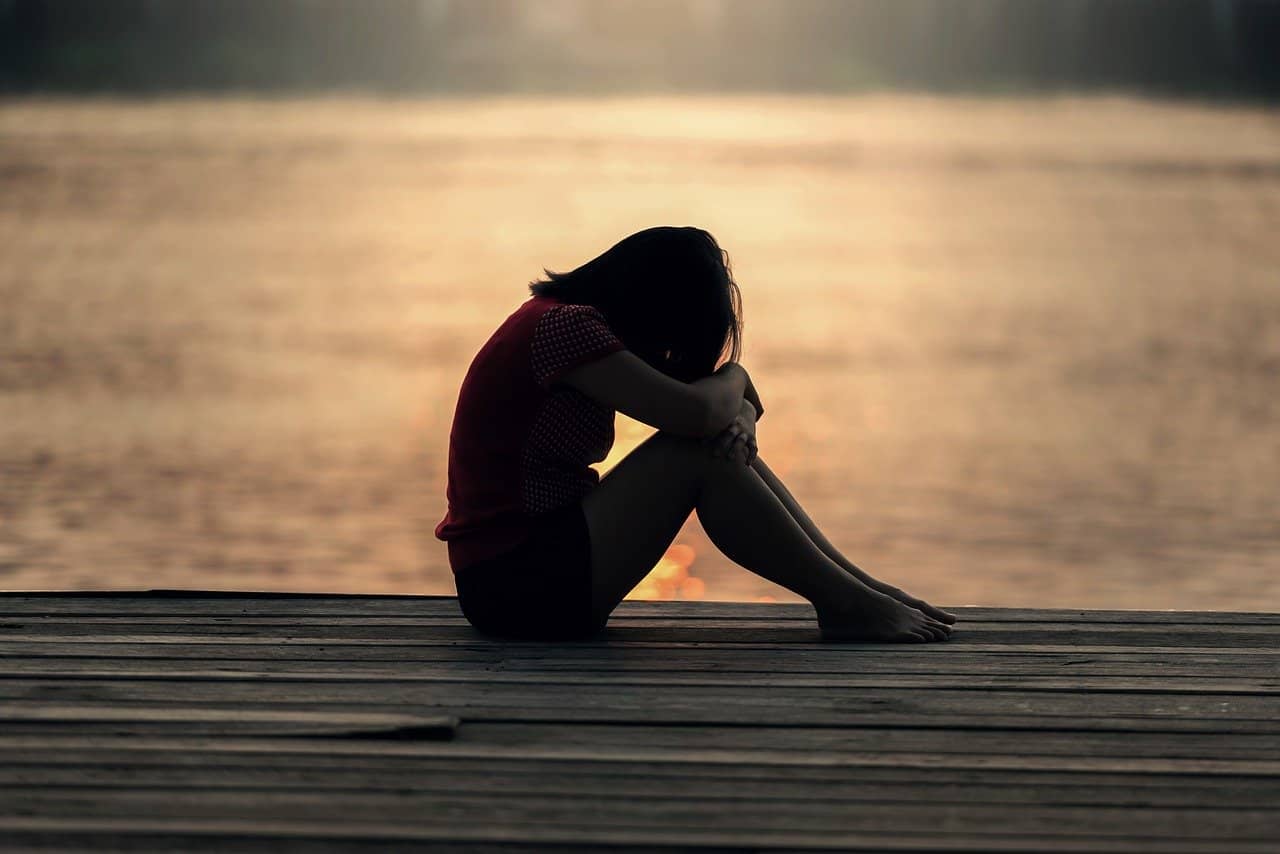Depression is one of the most common mental health disorders in the world. According to the National Institute of Mental Health, research from 2017 showed that roughly 17% of Americans had a major depressive episode in their life. Depression affects people of all ages but is more likely to occur in people who are teenagers or adults.
Why Is My Loved One Depressed?
Depression is a mental health disorder and not something that a person can change or control. When a person is depressed, they usually need outside help to feel better and retake control of their life.
If you ask your loved one why they are depressed, they may not have a clear answer for you. He or she may point to adverse events going on in the world or personal circumstances that happened in their life. For example, a person who loses a child may experience depression complicated by their grief. They may find it challenging to move forward or lose complete interest in their life.
However, when depression lasts longer than a few weeks, it is considered chronic. The pain of it can take over a person’s life, they may be unable to see the light at the end of the tunnel.
Recognizing and Understanding Depression
Sometimes is no specific trigger for a person’s depression. They start feeling bad and keep feeling bad. They may be quick to cry or have trouble getting out of bed in the morning.
A depressed person may stop grooming, develop poor sleeping habits such as staying up all night or sleeping as much as possible. They may find ways to try to escape their empty feelings, like abusing drugs or alcohol or playing video games obsessively. They may feel incapable of finding pleasure in daily life, preferring instead to stay home and ignore the people or things they once loved.
Doctors believe that depression, as a mental health disorder, may be caused or exacerbated by a chemical imbalance in the brain. A person may be able to point out things outside themselves that make them feel depressed, but severe depression is something going on in the mind and body. That’s why outside help is recommended for people experiencing chronic depression.
Getting Help for a Depressed Loved One
Helping a person who is depressed doesn’t mean trying to fix them. You can talk to them and let them know you have noticed something is wrong or different. Don’t interrupt them or tell them that they are “wrong,” or their feelings aren’t justified. One of the first things that you want to do is LISTEN. Let them know that you are there for them, and ask them to promise to call you (or another trusted person) when they’re feeling down.
A person who is depressed may not even realize how much they have changed. Let them know you’ve noticed and that you care.
They don’t need you to lecture them or try to “cheer them up.” Instead, they need to be able to talk and vent their feelings. You don’t have to have any answers for their problems – and they may not want any solutions. Often, a person who is depressed just doesn’t want to feel alone. They may want help but feel overwhelmed at the prospect of finding it on their own.
Getting Informed About Depression
You and your loved one may not realize that depression is an illness. Learning more about depression can help you decide on a course of action. Depression js not their fault, and treatment is available. Your loved one can recover and learn to enjoy life again.
Therapy is a great step after you’ve talked about the fact that there is, in fact, a problem. Let your loved one know they deserve to feel better, and you are willing to go with them to get help. Offer to call around and get more information on programs and therapists.
If a person you care about talks about taking their life, it is a medical emergency. Assume they are serious and seek help by driving to the nearest Emergency Room or get a referral for an immediate consultation by calling your local Mental Health department. You or your loved one can the National Suicide Hotline at 1-800-273-8255 to get help.
Hope and Help for Depression
Millions of people experience depression in life and recover from it. For many people, therapy and sometimes medication can help pave a road to recovery and serenity. Learn more about how we can help a person with depression begin the path to recovery. Call us at 949-245-9812 to learn more about how we can help.




